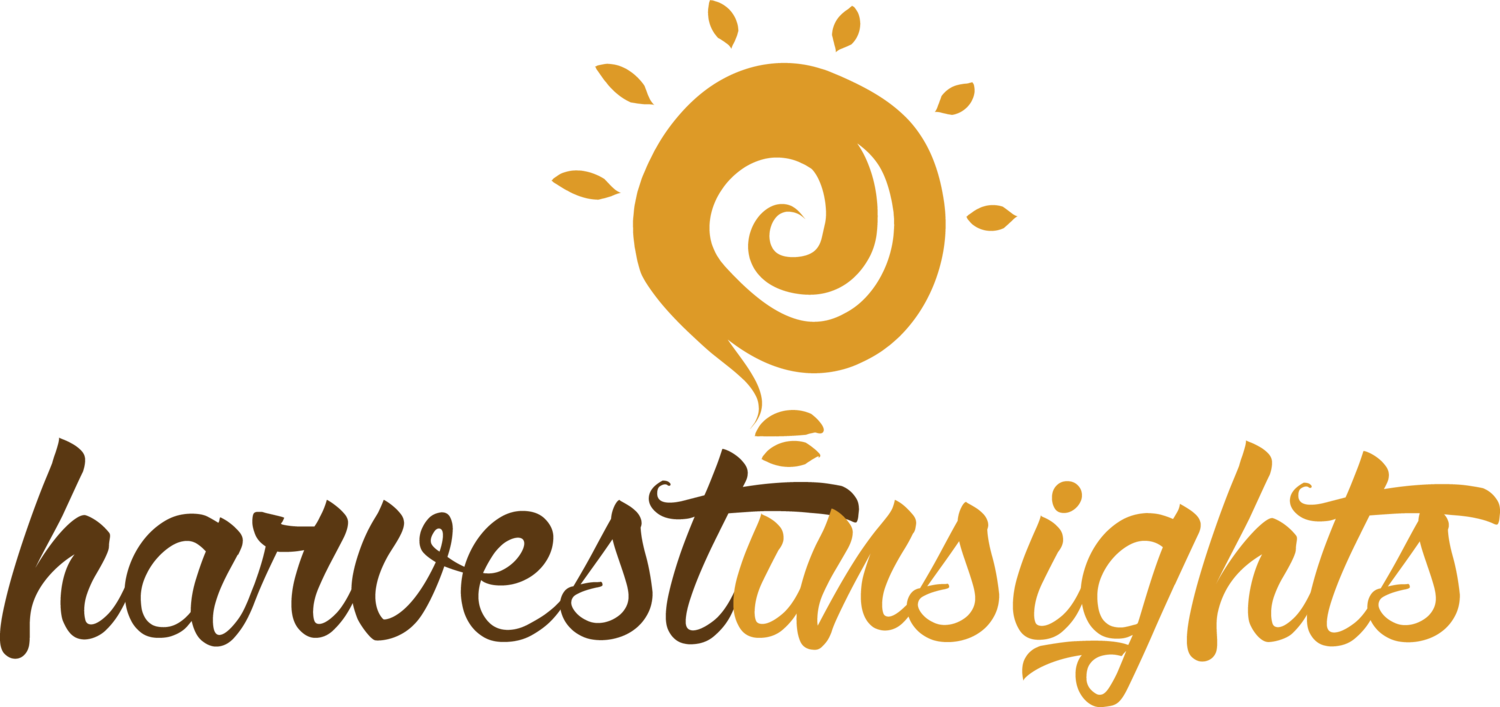Secrets of an Introverted Moderator
I am an introvert thriving in an extrovert profession. Being an introvert is a secret that I hold pretty close to my vest when I'm "in the field" or in front of clients. In fact, most people would never guess that beneath my socially-competent, vivacious exterior lies a quiet person longing for the silence of her room. Don't get me wrong...I love what I do. Whether it's focus groups full of rowdy public transportation riders or in-depth interviews with stoic doctors, every project presents a new and exciting challenge. It's just that being a moderator has forced me to develop an extroverted face and to cherish my introverted soul at the same time. What does that mean???
Well, let's start with the Meyers-Briggs definitions of introvert and extrovert:
People with the Myers Briggs Introversion Preference may:
- be seen as calm and “centered” or reserved
- feel comfortable being alone and like solitary activities
- prefer fewer, more intense relationships
People with the Myers Briggs Extraversion Preference may:
- be seen as “go-getters” or “people-persons”
- feel comfortable with and like working in groups
- have a wide range of acquaintances and friends
- can have many friends but few deep relationships
I know that some people have suggested recently that there are personalities that are a mix of intro and extro. Maybe that's me. I don't really know.
This is what I do know. I've been introverted all of my adult life. Learning to be a moderator ten years ago was something that I did on a whim, not because I thought that I would be doing this for a career. I just happened to have an employer who was willing to send me to training so that I could moderate groups from time to time even though my focus had always been quantitative research. In fact, intense quantitative research was my specialty. You know, the kind of research where you are holed up in your cube pouring over tabs and writing for hours on end.
When it comes to research, if you love that type of intense quantitative work, you are probably an introvert like me. And here I am going challenge all of you introverts - Don't chain yourself to that desk! There will be more options for you if you can expose yourself to the unique benefits and rigors of qualitative research. And even more options still if you can overcome your fear of being in the spotlight by stepping into a moderator role once in a while. At the very least, you never know when you are going to be asked to facilitate a meeting, and if you can really commit, then being a practitioner of both qualitative and quantitative research opens a lot more doors in this industry.
How does an introvert tackle such a feat? Well, I started by taking the moderator training at Burke, like I said, just because. Part of training is always a practice focus group session with some willing volunteers, which will help you overcome the initial fear.
Then, I had to step up to the plate and moderate a few groups, before which I thought I was going to throw up and after which I thought I was going to collapse. Slowly, as more groups came and went, I stopped getting so nervous. In fact, there's a burst of adrenaline that I've learned to enjoy before I start moderating. It's certainly hard to muster that feeling when I'm on my eighth telephone interview of the day, but for groups, it's always present. I think it's this burst of energy that will help you slip into the unfamiliar extraverted territory as if you are an improv actor jumping onto a stage. Not that it's important here, but my Dad is actually an introverted actor. I like to remind him that my job is harder since no one is feeding me the exact words to say when I'm on stage (or in front of the glass as is often the case).
When your moderating is done, you will drive home from those groups or hang up the phone from that last interview or check into your hotel room after that marathon of in-depth interviews. That's when the introvert will come roaring back, and you will feel an intense need for peaceful, solitary time. Embrace it! You have to give yourself quiet time after you've had your fake-extrovert face on. I'm sure that winding down is true for every moderator, but it's an intense need if you are an introverted moderator. It's a don't-call-your-husband, don't-go-to-the-bar, don't-turn-the-tv-on, collapse-on-the-bed-with-the-lights-on type of need. And I've learned to adjust for this time, not to worry about how weird it is. Just don't talk to me. That's all. The introvert part of my brain is recharging, and that's ok.
Maybe I'm not helping anyone but myself with this post, but I thought that there might be others out there. Others who think maybe they're in the wrong field because of how drained they are after moderating, or others who won't even try it because they think they are too introverted. But you aren't alone.
I absolutely love what I do. I love being able to do quantitative research holed up at my desk and then to switch over to telephone interviews halfway through the day. I love looking for ways that I can blend qual with quant to come up with new answers. I love that if Harvest Insights doesn't work out for me, I can pick up the job listings and look for qual or quant positions. It's good to be versatile in this ever changing industry. And, I wouldn't be here today if I had used my introverted nature as an excuse not to take that moderating class. If I had been too afraid to moderate those first few painful groups, I'd be a completely different researcher and person.
So, don't be afraid. Even if you decide moderating isn't for you, it's the journey and what you learn along the way that will make all the difference.






